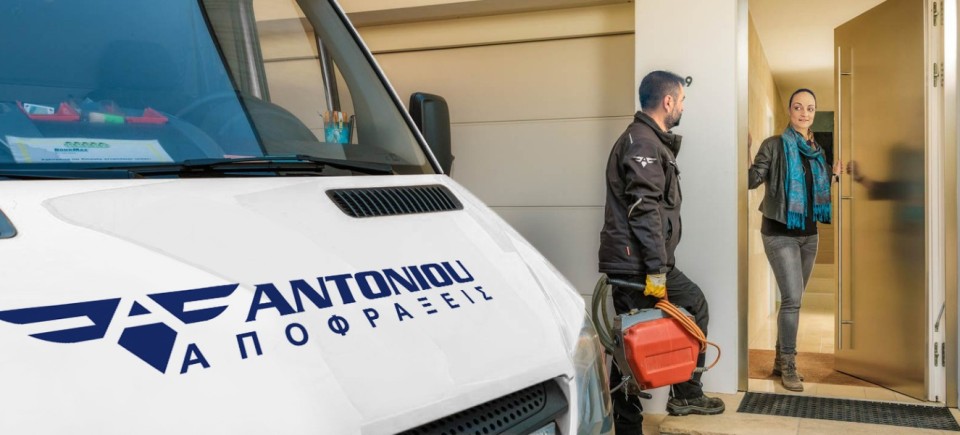
Proper drainage is an essential aspect of any plumbing system, ensuring the efficient removal of waste water and preventing sewer backups. Sewer backups can lead to significant damage and health hazards if not addressed promptly. Understanding the causes behind sewer backup issues and implementing appropriate solutions is crucial for maintaining a functional plumbing system. This article will delve into the importance of proper drainage, identify common causes of sewer backups, and provide effective solutions to mitigate such problems.
Clogged Drains and Blocked Sewers
One of the primary causes of sewer backup issues is clogged drains and blocked sewer lines. When drains become clogged with debris, such as hair, grease, or foreign objects, water flow is impeded and can eventually lead to sewage backing up into the house. Similarly, tree roots can infiltrate sewer pipes, causing blockages and obstructing proper drainage. It is imperative to address clogged drains and blocked sewers promptly to prevent further damage.
Structural Defects and Aging Infrastructure
Structural defects within a plumbing system or aging infrastructure can also contribute to sewer backup problems. Over time, pipes can deteriorate, crack, or collapse, impeding the flow of wastewater. Additionally, improper pipe installation or inadequate slope can lead to backups as water cannot flow downhill effectively. Identifying and rectifying these structural defects in a timely manner is crucial to ensure proper drainage.
Heavy Rainfall and Floods
Heavy rainfall and floods pose significant challenges to drainage systems. Excessive water entering the sewer system during storms can overwhelm the capacity and result in backups. In such cases, sewer water may even find its way into basements and other areas of the house. To prevent sewer backups during heavy rainfall, it is essential to have a properly designed and maintained drainage system that can handle excess water flow.
Preventive Measures
Implementing preventive measures can reduce the likelihood of sewer backups. Regular maintenance, including drain cleaning and inspection, can help identify and address potential issues before they escalate. Proper disposal of waste, including the avoidance of flushing non-disposable items, is essential to prevent clogged drains. In areas prone to excessive rainfall, installing a sump pump can help mitigate the risk of backups caused by flooding.
Professional Solutions
In cases where sewer backups persist or the cause is not easily identifiable, it is vital to seek professional help. Plumbers and sewage experts have the necessary knowledge, tools, and experience to identify and resolve complex backup issues. They may utilize techniques such as hydro jetting to remove stubborn blockages or employ advanced sewer camera inspection to pinpoint the root cause of the problem. Engaging professionals ensures that the right solutions are implemented to prevent future sewer backups.
Conclusion
Proper drainage is crucial in maintaining a functional plumbing system and preventing sewer backup issues. By understanding the causes behind sewer backups, such as clogged drains, structural defects, heavy rainfall, and floods, appropriate solutions can be implemented to mitigate these problems. Regular maintenance, preventive measures, and professional assistance are paramount in ensuring a well-functioning drainage system that avoids the costly and hazardous consequences of sewer backups. By prioritizing proper drainage, individuals can safeguard their homes and promote a hygienic living environment.



























